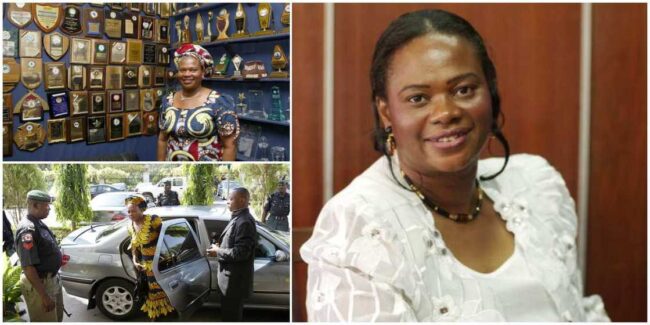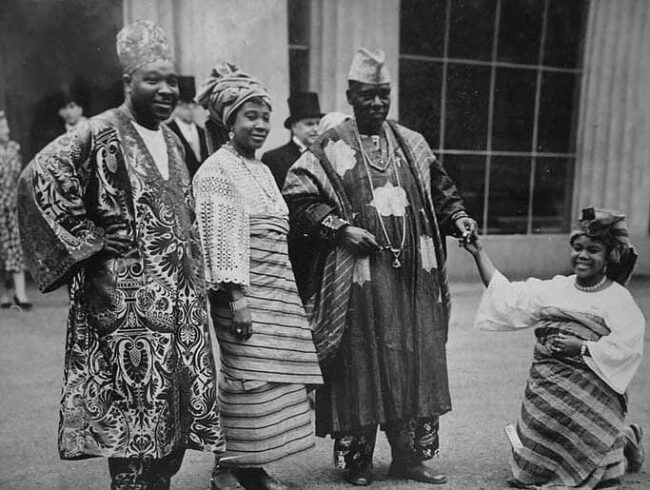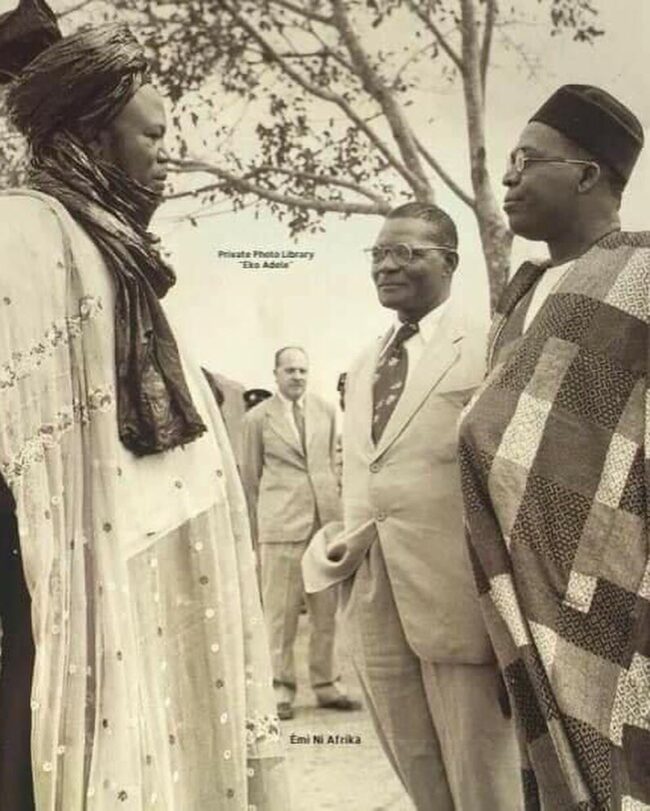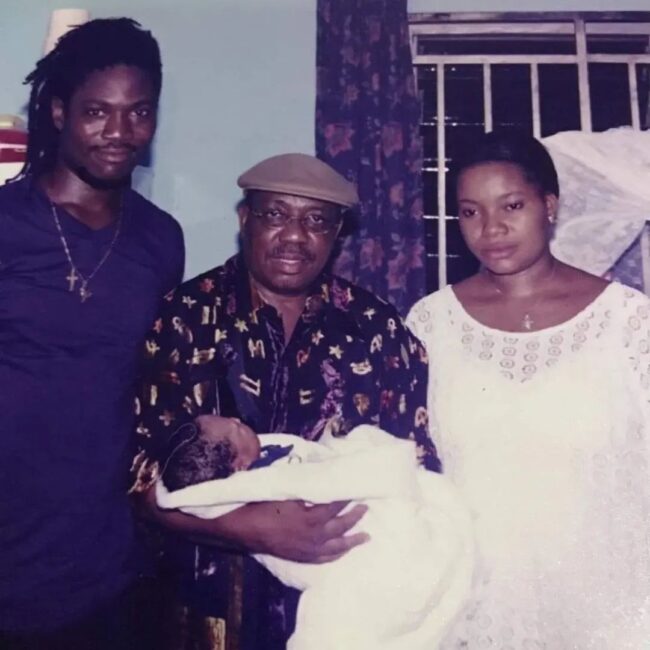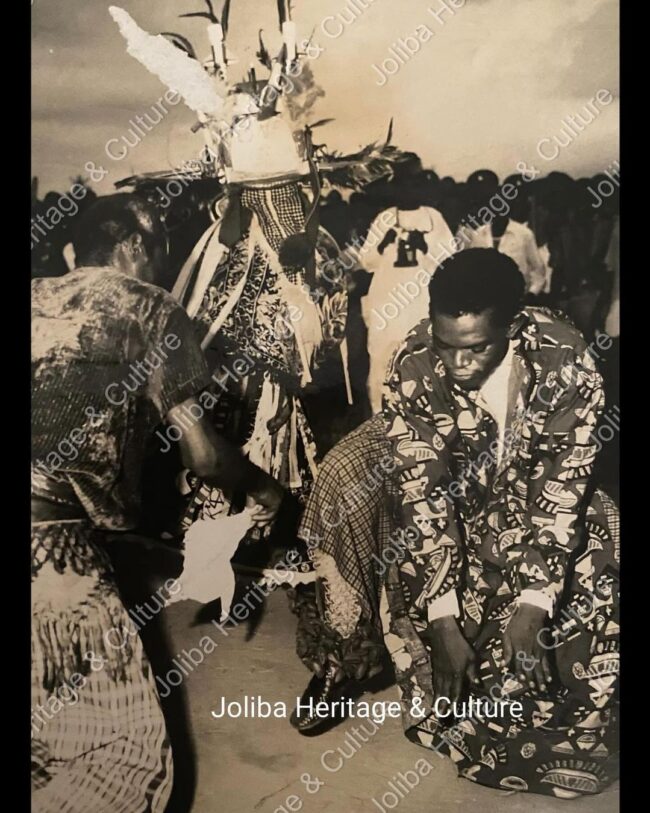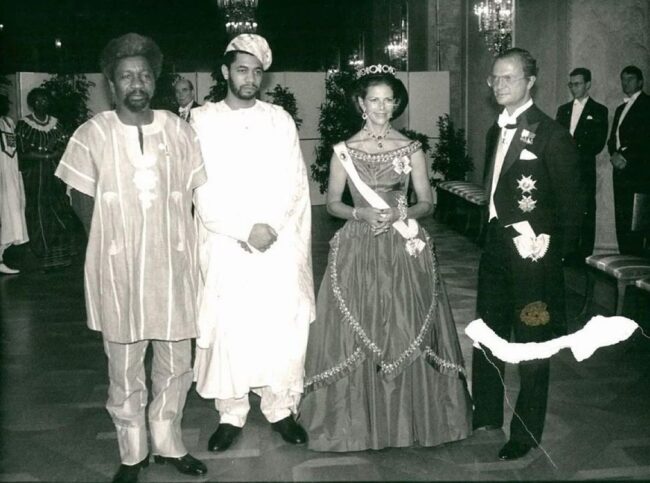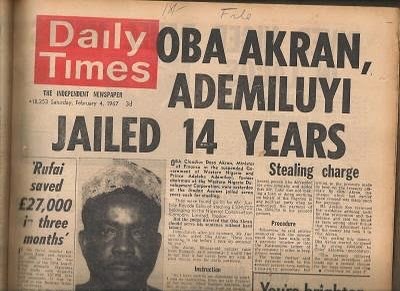DID YOU GET TO KNOW BARRISTER? When I first met him, it was in 1978 or 1979. I used to go to the NTV show. Barbic Show, which is for elders, and I used to perform acrobatics there. It was there that Barrister noticed me, became interested in me, and asked me to accompany him. HOW DID YOU GET A LINK WITH BARRISTER? “Huh!” Barrister is not like any other musician. As I mentioned earlier, I was skilled in acrobatics and could cook like a pro when I was eight years old. My brother, who served as my promoter back then, would often take me to various events so I could showcase my talents. It was during one of these shows that Baba gave me the nickname “Aguko,” and he would always call me when he had a show. When I was fourteen years old, there was a musical jamboree concert on TBS. The bouncers at the door refused to let me in, but to my amazement, Barrister sent his manager outside to come in and help me get in. I stopped working at Wharf as a holiday employee in 1985, which caused me to lose touch with Barrister. One day, as I was leaving work, I learned that Barrister’s album, “Fertilizer,” had been published. Since I didn’t have any cash on me, I had to take some cash from my mother to get the record. I can always play the cassette since my mother has a JBC tape, and she beat me up when she found out that I had stolen her money. HOW DID YOU RECONFIRM WITH HIM AFTER YOU LOST CONTACT? When I originally released my record in 1994, I told a few acquaintances that I hoped Barrister would bless it. They advised me not to, saying that anyone who had Barrister’s hand on their head will never succeed and will pass away from a headache, but I said I would go. Since I think everything they stated about him was based on superstitions. When I heard that Barrister would be performing at the FASLAK HOTEL on Demola Yakubu’s wife’s birthday, I went up to the woman hawking goods at the hotel’s gate and pleaded with her to let me see Barrister. Barrister was singing when I arrived at the party area at around 7 o’clock at night. He abruptly stopped when he noticed me. “Awon kan lomo ohun tose won ti won ko lati jo..Daddy Showkey ma wole omo Baba, Daddy Showkey ma wole omo Ayinde, iwo na adagba lola Olohun Oba.” When he opened his briefcase and sprayed me with money, I did the same, but he told his manager to return the entire amount, which came to $28,000 when I calculated it. After that day, I assured my skeptic friends that I was still alive, headache-free, and that my record was moving quickly. WHAT ARE THE MEMORY TEARS BARRISTER GAVE YOU? “Thanks you! In 1994, while I was traveling to Abuja for a concert with Raskimono, I was unaware that it was Barrister’s birthday; we were even staying at the same hotel (Transcorp). The people there made fun of me when I collapsed that day while trying to open the entrance door because I didn’t realize it was …

